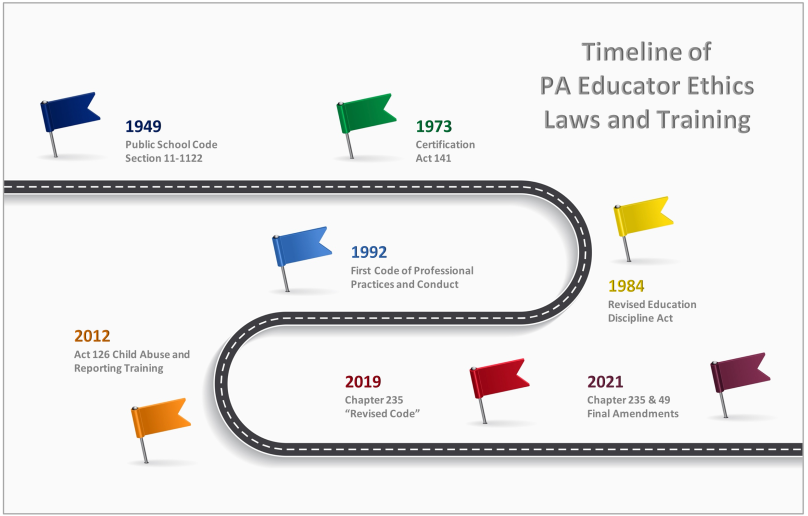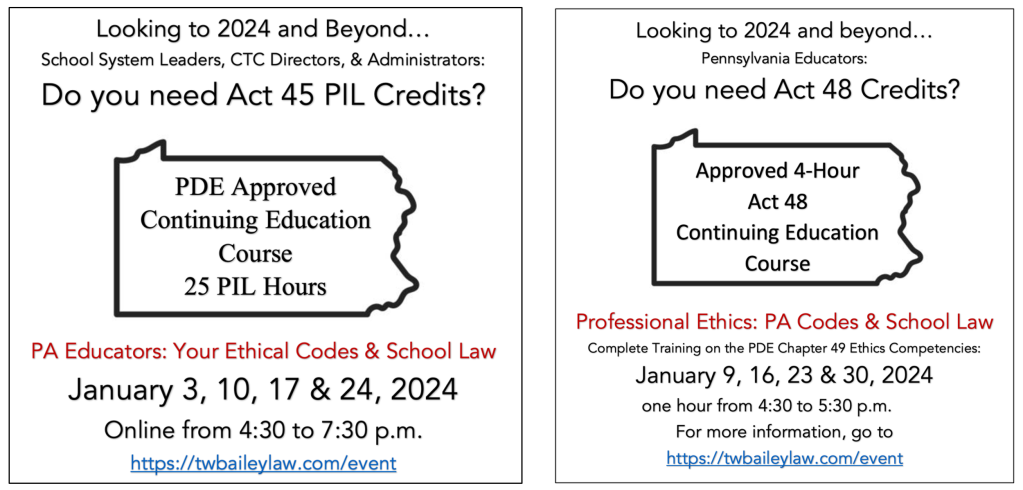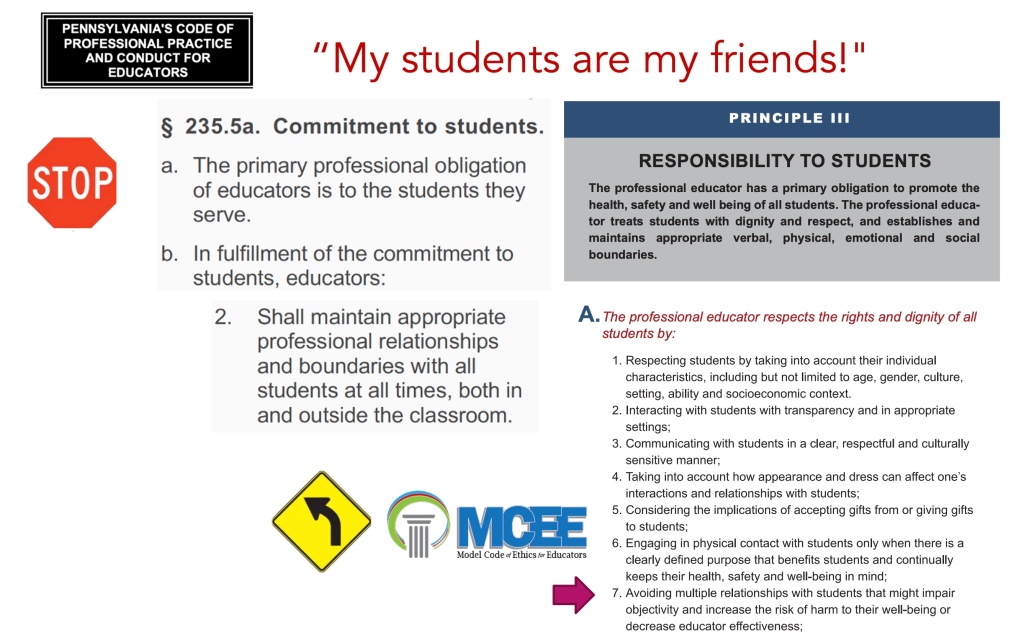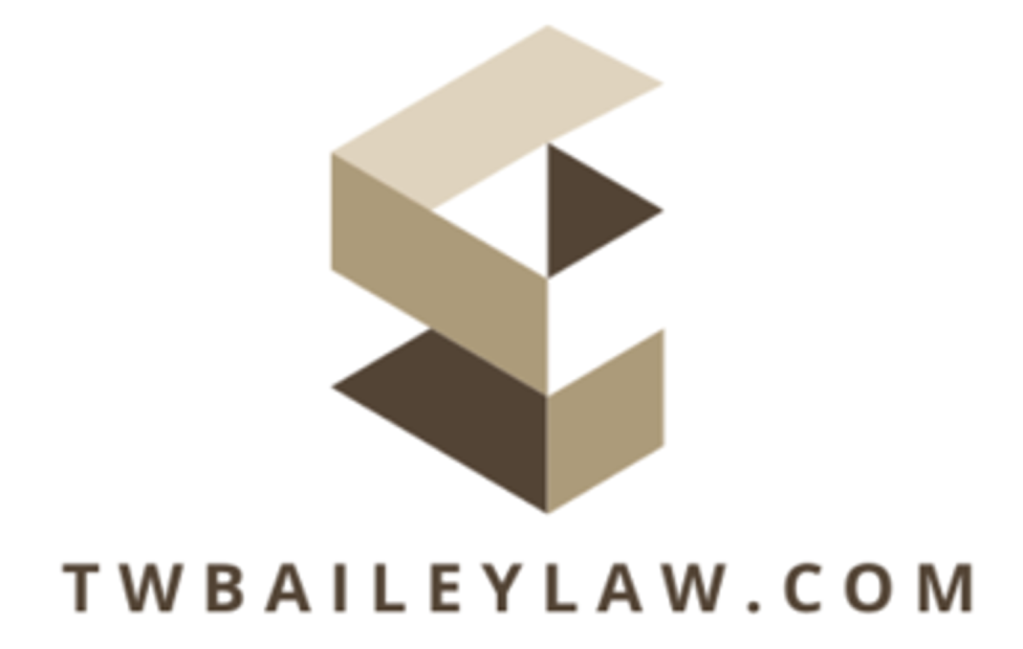This month’s “guest article” is on loan from a very wise and sensitive fellow-blogger:
Kathy Merlino.
We have been blessed with her generously and eloquently-shared thoughts and inspiration in past postings, including “A Penny” seen here last year and posted on her Kathy’s Retirement Blog of November 26, 2022 – a poignant piece coping with grief in the loss of a loved one.
Yes, those of us “over-65s” have experienced moments of “ageism” and discrimination because of our grey hair, wrinkled skin, slower driving habits, mobility challenges, or other signs of our advancing years. I believe most of this is unintentional… not deliberately meant to be condescending. But, Kathy hits the nail squarely on the head. You would think that with the swelling of our Baby-Boomer population stats (becoming more of a majority, not the minority?), ageism attitudes and bad behavior would disappear?
It all boils down to RESPECT! And, we should all “call out” any violators and demand change… like Kathy bravely did in her story!
How about getting even? Nah! But I do recall a funny episode from the National Geographic Channel’s Crowd Control series moderated by Daniel Pink about giving the people who parked illegally in handicap places their “just rewards!”

To stop able-bodied drivers from using handicapped parking places in Austin, Texas, Pink first rode around with a van full of local activists, blocking in offenders and making them wait while passengers in wheelchairs got out very slowly. A woman with an SUV apologized; a guy with a Porsche said, “I don’t do this; it’s not a habit,” lamely offering that he was just stopping in to see some friends for a 10-minute drink. “Now I’m that guy, and it doesn’t feel good,” he said, adding perhaps a little too easily: “I’m done being that guy.” But you could see that the human confrontation had somehow registered.
https://slate.com/human-interest/2014/11/dan-pinks-crowd-control-on-national-geographic-channel-uses-design-to-tackle-social-problems-across-america-video.html
Pink’s solution to this problem was to build social empathy with the very clever “Think of Me! Keep it Free” campaign.
And, ageist language goes both ways. A month ago I may have unintentionally offended a younger colleague who I have long admired (and frequently complimented her professional accomplishments publically) by using the familiar informal address in “thanks, kiddo.” Just as Kathy mentions we should eliminate the labels “old” or “elderly” and “dear” or “sweetie” from our vocabulary in conversations with our seniors, so should we abandon words like “kids, ” “kiddos,” “youngsters,” and “honey” in talking to our younger peers. RESPECT… both ways!
Join me in visiting Kathy’s Retirement Blog for this and other thought-provoking segments!

 OLD! by Kathy Merlino
OLD! by Kathy Merlino
A few months ago I went to my bank, something I rarely do in this world of banking apps and cash back at almost every retailer. As I waited in line
for my turn the woman in front of me struck up a conversation with the branch manager who was behind the teller counter attending to some unseen task.
The woman and branch manager apparently knew each other as they chatted easily about mutual acquaintances and activities.
Everything was genial until she asked, “How’s your grandmother?”
The branch manager stopped what he was doing, straightened up, looked out into the lobby as he emphatically announced, “Old!”
The woman didn’t respond as her smiling face sunk into a bewildered expression, her eyes nervously darting around the lobby. I felt she was as stunned by his response as I was. Without another word he went back to what he was doing.
During the previous several months I had had a couple of ageist encounters with this early thirties-something man. Had he looked past the woman at me as he made what I thought was a disrespectful response, both for his grandmother and his acquaintance customer? Or was I just imagining?
Not so sure I should let this pass without a word, I, too, looked around at the young faces behind the teller counter, at the personal banker in the glass cubicle chatting with a customer. They were all young twenty, thirty-somethings. The branch manager was the standard bearer for how to treat customers with respect and dignity. He was their leader, their guide from whom they took their cues. Since the previous manager was promoted to a higher level, which came as no surprise to me, I had noticed a change in the culture of this branch. Weighing the larger consequence of not saying anything about the incident, I was now sure I would say something and to whom I would say it. But, more on that later.
In recent weeks I’ve encountered a number of women speaking up about ageism in our society. During the last year I’ve become more conscious of ageism, mainly in the medical and health insurance fields as well as the experiences at my bank and a few stores. I’d like to know what you have experienced, if anything. One woman told me the ageism in the US is ‘shocking!’ Is it that way across the country? Is it that way in other countries? Several others have chimed in about how going grey was met with being called ‘old’ or ‘elderly’ followed by ‘dear’ and ‘sweetie.’ One woman even decided to start dyeing her hair again. Not me. I’d rather raise someone’s consciousness by speaking up about it. There’s nothing wrong with a little silver protest.
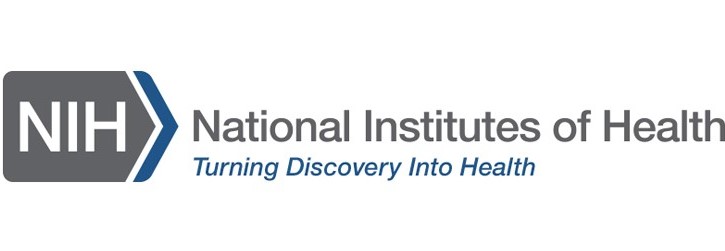 According to the National Institute on Health (one of my favorite resources), “rising prejudices have spread concerning the elderly, who are seen as hindering productivity and social dynamism. Stereotypes about aging, beyond influencing behavior and ways of managing the care of elderly populations, can also impact personal experiences of aging.” The simple fact of the baby-boomer demographics makes our aging population larger than the generations which followed. What’s more, ageism influences our self-perceptions as well as our physical and mental health leading to such negative experiences like depression and isolation, which in turn translates into a shortened life span with a lower quality of life.
According to the National Institute on Health (one of my favorite resources), “rising prejudices have spread concerning the elderly, who are seen as hindering productivity and social dynamism. Stereotypes about aging, beyond influencing behavior and ways of managing the care of elderly populations, can also impact personal experiences of aging.” The simple fact of the baby-boomer demographics makes our aging population larger than the generations which followed. What’s more, ageism influences our self-perceptions as well as our physical and mental health leading to such negative experiences like depression and isolation, which in turn translates into a shortened life span with a lower quality of life.
I have no doubt we live in a youth culture. Personally, I’m anti-anti-aging. All the ads by companies selling anti-aging products are laughingly, for the most part, using women at least 40 years younger than me to
show ‘results.’ It’s as if aging is a disease, which we have to keep at bay for as long as we can with creams, lotions, dyes, supplements, makeup, botox and even plastic surgery. Equally as pervasive is the vitamins and supplements industry raking in a hefty $150 billion per year globally. The US makes up nearly one third of that number. Age cannot be staved off forever, so we may as well accept that fact and enjoy life without going under the knife and getting our vitamins from healthy foods.
Do I use creams and lotions? Of course I do. Who wants dry skin? My objective is to feel the best I can without being obsessed with my body and looks to the point of trying to hide my age. At 71, I’m comfortable in my own skin and love my grey hair. I stopped coloring my hair somewhere around 12 years ago. It was so freeing I’ve never thought about hair dyes again.
But, the real issue is the devaluing of aging people due to accepted social norms centered around looking youthful, acting useful and contributing to society through a job. According to the NIH, “the most complete definition [of ageism] has been offered by [researchers] Iversen, Larsen, and Solem, who, after a review and analysis of all the definitions given over the years, defined ageism as negative or positive stereotypes, prejudice and/or discrimination against (or to the advantage of) elderly people on the basis of their chronological age or on the basis of a perception of them as being ‘old’ or ‘elderly’.”

While visiting Italy I noticed a difference in the way I and my fellow aging travelers were treated. It was with a graciousness and respect that was palpable in transactions at stores, meals in restaurants and just strolling down the street. I believe the stereotyping of aging in Italy is a positive stereotyping where “respect your elders” is ingrained in the fabric of their social norms.
I remember touring a villa where certain spaces were roped off. The very young woman serving as monitor wore dark goth makeup, spiked black and maroon hair, black army boots, pants and pea coat along with a deadpan expression. Visually scary. No one was going to touch a thing or cross a barrier with her walking behind us! Then, I had to make a run to the restroom, which was outside and down a long path on the grounds. Upon my return she let me in with a stern look. But, when I went looking for my group to catch up, she motioned to me with a smile, “Come. I show you a shortcut.” With that she led me around a roped barrier, across the living room’s ancient rug I was positive was not to be walked upon, around another barrier and down a hall where I joined my group. As I turned to thank her she winked and said, “Secret.” Although with cameras all over the place I don’t think it was a secret. It was an act of kindness from someone who initially appeared so forbidding. A reverse lesson in not judging a book by its cover. I wonder now if the act of kindness was because of my grey hair and wrinkles and the Italian view of aging.
We are at once going through a transformation where aging is not what it once was as people continue to work, remain involved in their communities and are physically active. Yet, at the same time, much of society views this natural part of life called aging with disdain or perhaps a bit of fear. After all, following aging to the last is the grim reaper awaiting. For me exercising, eating a healthy diet, keeping my mind sharp, being involved in my community, having a spiritual practice and engaging with family, friends and my hobbies are the components of healthy aging. That is my anti-aging strategy.

What do we do about the disrespect, the minimizing of our value to society? I speak up and out about the situations I encounter. For example, the branch manager. As mentioned I decided I had to do something about his attitude and comments, not only for the sake of other customers, but for his employees. Well, I emailed my contact at the bank and expressed my concern and how I had encountered what I believed to be ageism three times over a period of several months. The CEO and president of the bank asked if it would be ok if the branch manager’s supervisor called me, to which I, of course, agreed.
I learned that the bank has training about what respect and dignity look like, on discrimination including ageism. I learned that upper management was sincerely disappointed in the branch manager’s attitude and, as was appropriate, apologized for the ageist treatment. I haven’t been back because, as noted above, I don’t find it necessary to go to the bank very often. However, I do hope to see a cultural change on my next visit. I also hope this young manager views the experience as an opportunity to grow and learn and set a positive example for his staff. Lastly, I hope he learned that just because someone is “old!” with grey hair and a few wrinkles doesn’t mean they don’t have wisdom, influence and the power to create change.
Would you like to comment on this article? Please visit Kathy Merlino’s website here.


















